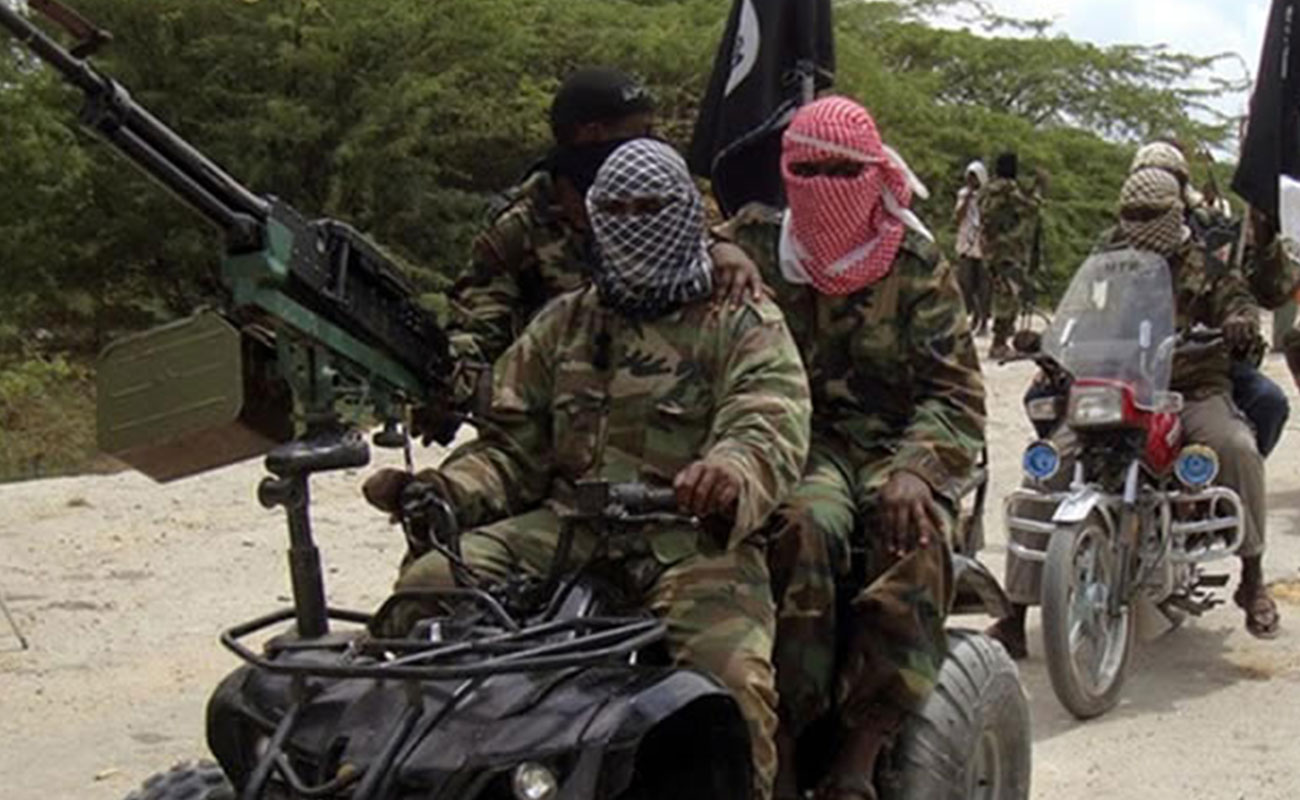
By Adam Abass
The Nigerian government has been battling Islamist-led insurgency in the northeastern state of Borno for the past 15 years. The conflict has resulted in thousands of civilian deaths and millions displaced, creating a dire humanitarian situation. Initiatives ranging from kinetic to non-kinetic approaches to end the more than a decade-long insurgency have been met with mixed results. While there has been a decline in insurgent activities, their threat persists.
In late June, a surprising and brutal suicide attack in Gwoza town, allegedly carried out by the Boko Haram group, claimed the lives of 32 people, and more than 60 injured, in a multiple round of suicide attacks. The coordinated suicide attack occurred in three locations: a wedding, a hospital and a funeral. Women with suicide vests infiltrated these areas and executed the brutal assaults. While no group has claimed responsibility, the Boko haram faction based in the Mandara mountain, near Gwoza, has been largely blamed due to the group’s camp proximity to the incident, and its known use of Female suicide bombers – a tactic frequently used and deployed by the terror group.
Boko haram insurgency has been largely degraded and its capability to carry out major attacks has been weakened over the past 5 years. This is due to mounting offensive operations from the Nigeria military and other regional forces, as well as the group’s violent rivalry with ISWAP, in which the latter has gained the upper hand. Consequently, Boko haram splintered into disorganized groups with no coordinated centre since the death of its infamous leader, Abubakar Shekau. However, if Boko haram is responsible for the heinous attacks, what does it signify for the country’s counter-insurgency efforts?
First, these attacks signify a persistent threat, indicating that Boko haram danger still exists, despite claims the group has been largely degraded in the past few years. The attacks aim to bolster Boko haram’s presence and demonstrate that their threat still looms large. The death of Shekau, led to the group’s fragmentation into factions, with many of its fighters surrendering to the Nigeria military or joining the ISWAP rank. One of the factional groups based in Lake Chad, led by Bakura, has since late 2022 picked up the pace and re-organized themselves in the Lake Chad area, conducting attacks against communities and even dislodging ISWAP of its territory in the area, establishing its control and dominance. The attack by the Boko Haram faction in the Mandara mountains suggests the group might also be trying to re-emerge, and re-assert its control in the Nigerian territory, perhaps drawing inspiration or influence from its factions in the lake Chad.
Second, the attacks also demonstrate that Boko haram still poses a significant threat to the civilian population. It indicates that soft targets, such as the civilian population, can still be infiltrated by the group, and remain vulnerable to brutal attacks and casualities despite the heavy presence of the military in the Area. Gwoza town has been under government control since 2015 when it was recaptured from Boko haram, and has since witnessed large influx of IDPs resettling in the area.
The attack by the group which appears successful might also be seen as an opportunity for other violent armed groups to carry out attacks on critical infrastructures and soft targets, given the extensive security lapse in conflict areas. This is crucial as concerns grow from reports that ISAWP might also be planning to conduct suicide attacks against critical infrastructure in the country.
Lastly, these strings of attacks might be aimed at inspiring defected or surrendered fighters back to the Boko Haram camp. The group’s weakness after the death of its leaders contributed to the large surrender of its fighters, and these attacks might be a show of strength to these disgruntled members. This is important because the Boko haram Faction in the Lake Chad after its resurgence has attracted ex-fighters to rejoin its ranks. The Gwoza faction might be incorporating that into its strategy. This comes at a time when the government’s reintegration program has been marked by flaws, with some repentant fighters returning to the group, claiming they are better off with the group than with the government. This might be some deficiency the Boko haram faction is trying to exploit.
In conclusion, it is imperative to acknowledge that both Boko Haram factions are gradually resurging at a pace that should not be ignored. The military must take measures to prevent Boko haram from reversing the progress that has been made. Heavy investment in the intelligence unit, particularly in human intelligence is crucial for detecting and thwarting the plans of these groups before they come to fruition. Furthermore, close cooperation and increased collaboration with neighboring countries, such as joint border patrols and intelligence information sharing are important. This is especially true for Cameroon which shares border with Gwoza.
Reforming and effectively implementing key reintegration programs that ensure the program appears attractive to the repentant is crucial, such reform should discourage returning to violent extremism, and leave no room for exploitation by the insurgent groups.
